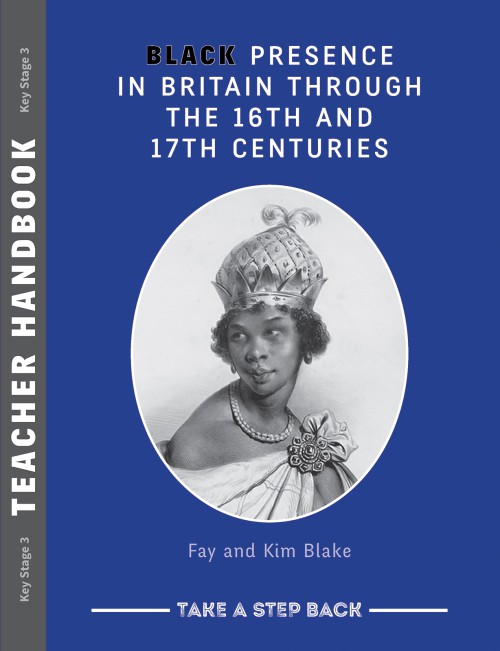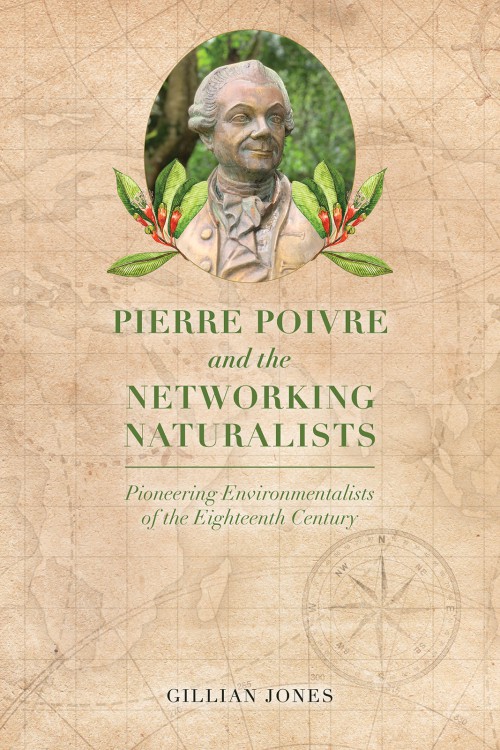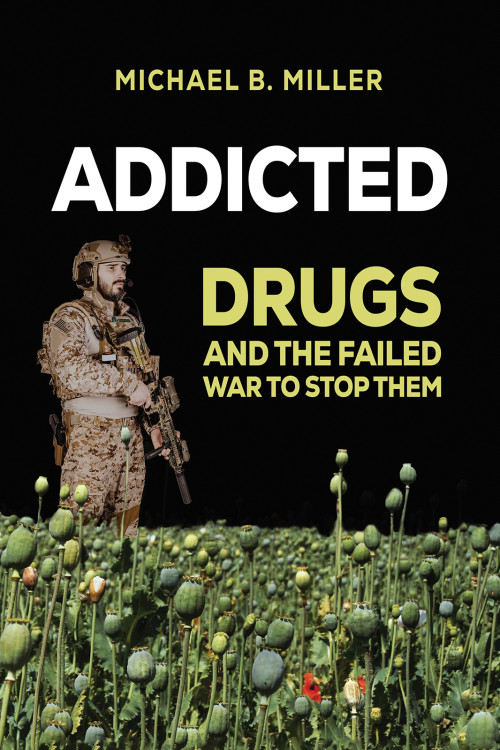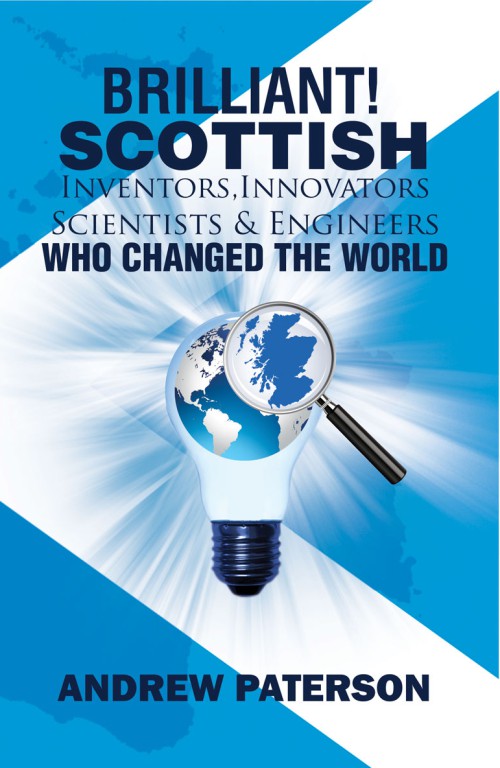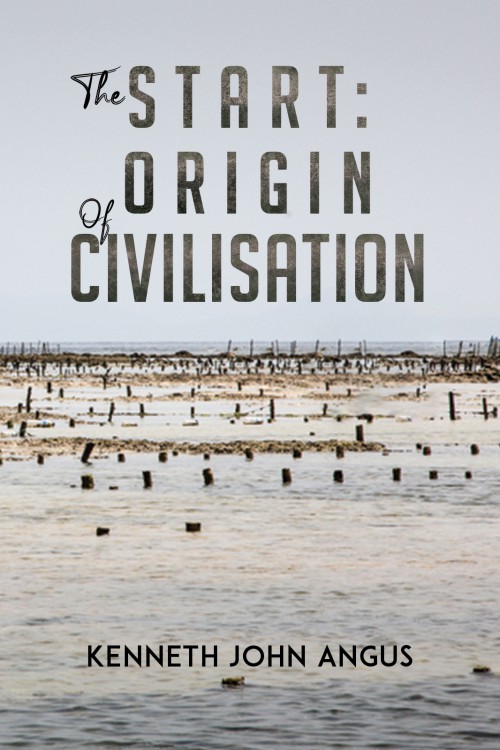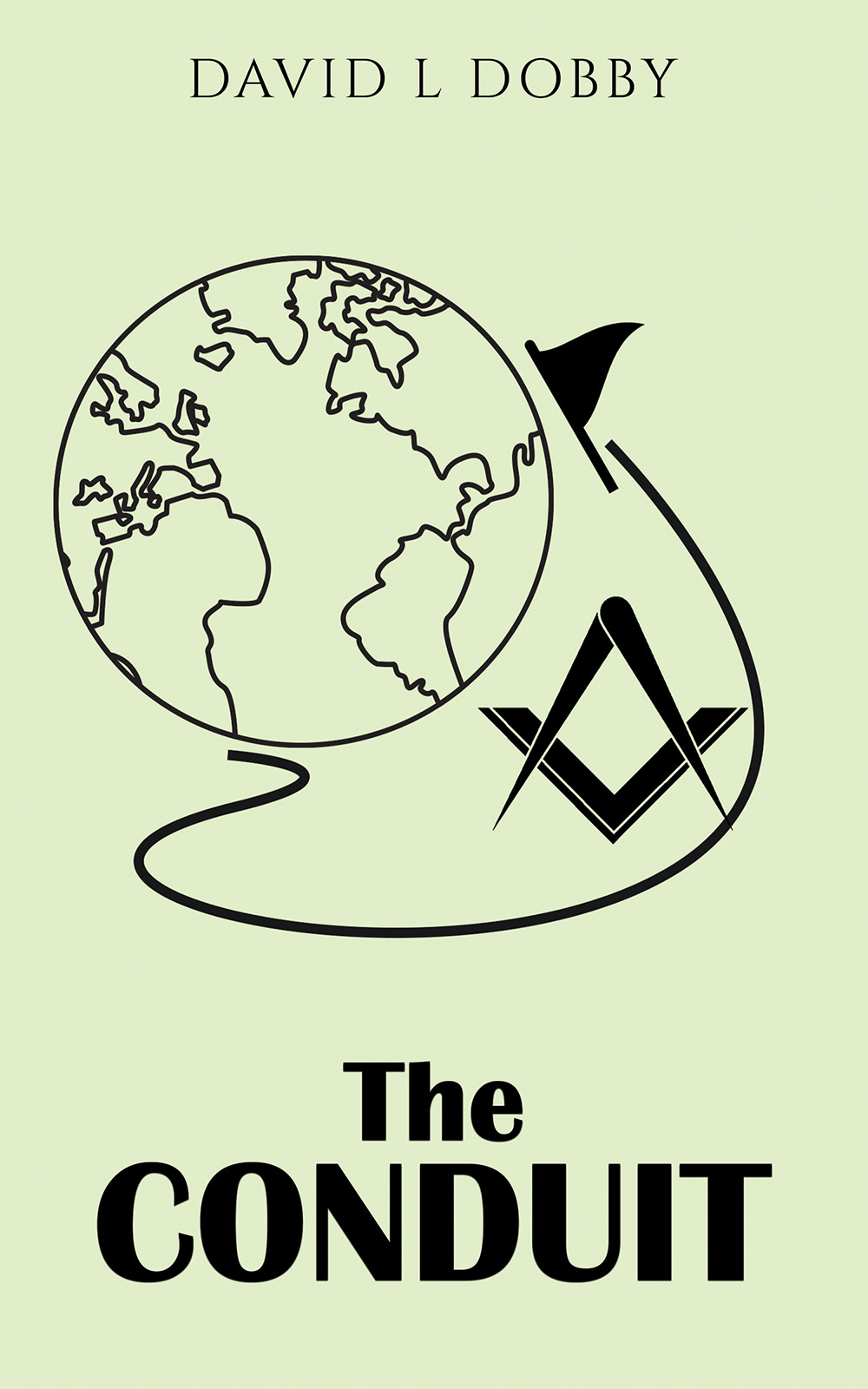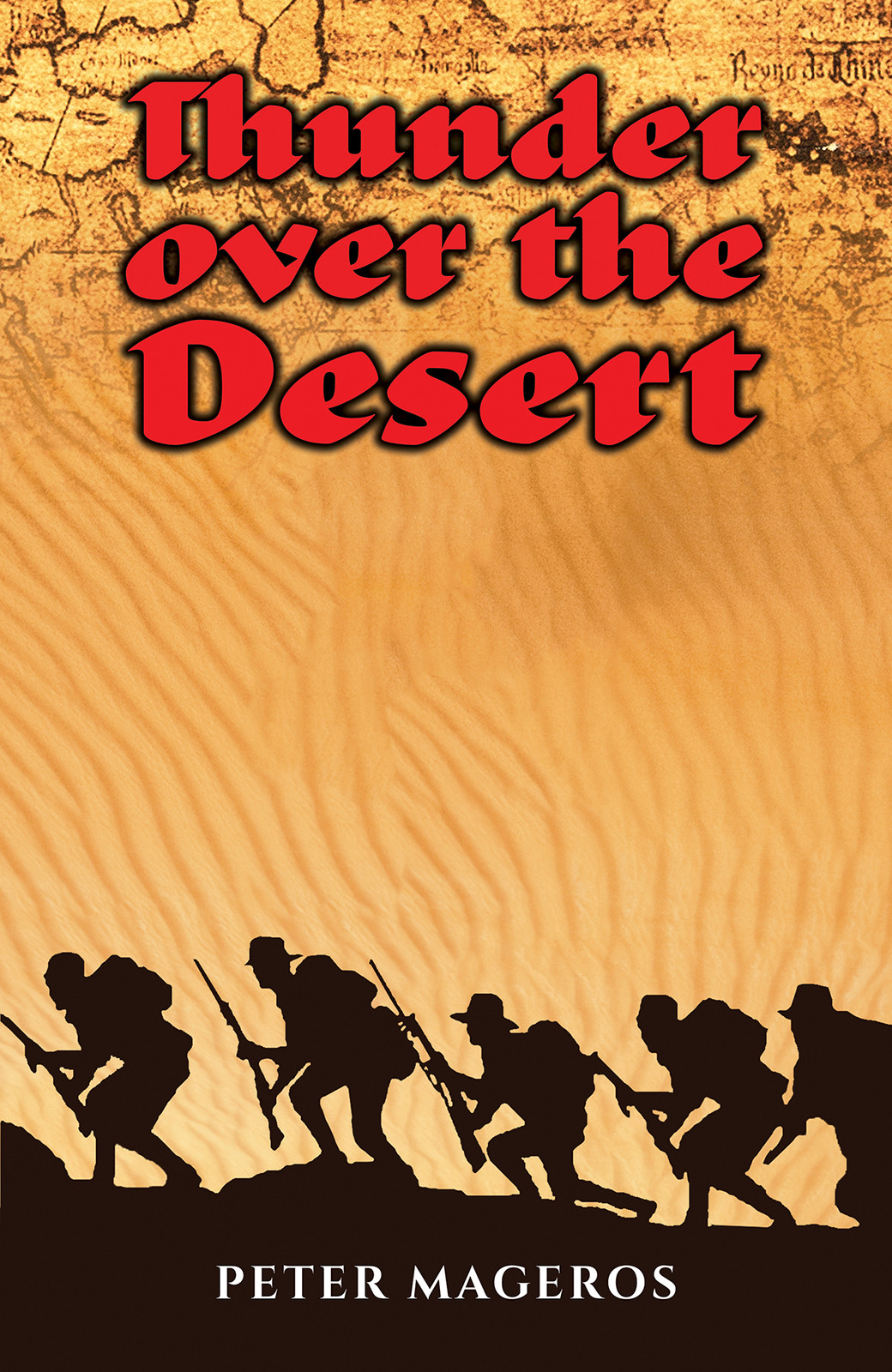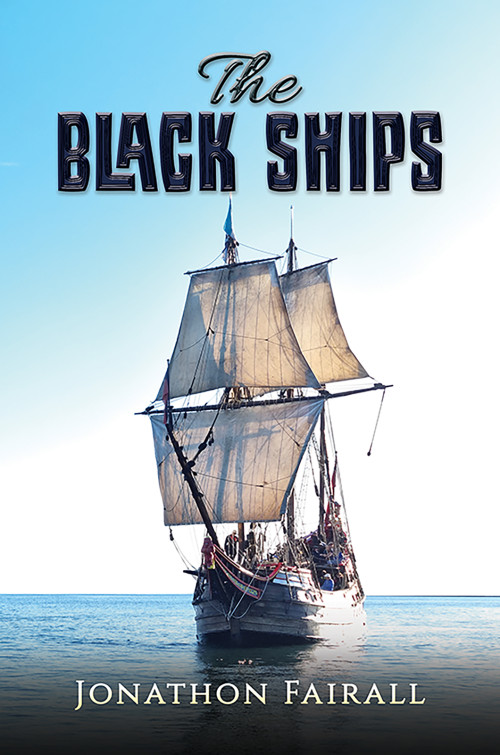-
Black Presence in Britain Through the 16th and 17th Centuries - Teacher Handbook
A black population existed in Britain long before the Windrush generation arrived in 1948. As early as the 16th century, there were evidences of black people in the royal courts of England and Scotland. Britain’s active involvement in the ‘Triangular’ slave trade saw a growth in the number of black people. Did you know that Queen Elizabeth I, alarmed at the growing black population, attempted to expel them? Find out what she did and how this impacted the lives of black people in her realm.
Discover how the increasing numbers of enslaved Africans survived during the 17th century, and how they resisted slavery. For example, do you know the name of the person on the front cover? Learn about her resistance against slavery and the resistance of other Africans in England and the British colonies.
£8.99 -
Pierre Poivre and the Networking Naturalists
Although climate change is seen as a very 21st-century concern, back in the eighteenth and early nineteenth century naturalists around the world in places as far apart as Mauritius in the Indian ocean and St Vincent in the Caribbean were becoming aware of what they referred to as desiccation, the drying of the land and absence of rainfall due to the cutting down of large swathes of forest trees.
This book traces the connections between those naturalists, scientists and men of letters to reveal the surprising truths that they discovered and which must inspire us to follow the trail they blazed.£8.99 -
Addicted
Humans are biologically hardwired to alter their mental state, drugs are the pathway, and America is their biggest consumer. From antiquity to modernity, use and prohibition have gone hand in hand. Addicted raises the curtain to expose the lies and fill in the blanks behind America’s failed 50 year war on drugs and makes sense of the quagmire of misinformed laws and policy, blending Miller’s investigative journalism with historical narrative.
In addition, Miller tells the story of nature’s three primary psychotropic plants and the history of government efforts to suppress them: Papaver Somniferum, the opium poppy, the drug of Asian mystery, which provides opium and its derivative alkaloids morphine and heroin; Erythroxylum Coca, which provides the cocaine of all night parties and glamor; and Cannabis Sativa, L., the historical intoxicant of rebellion and counterculture. These plants convert soil, water, nutrients, CO2, and light into complex chemical substances, which can elevate, intoxicate, and even heal.
Addicted unravels the institutional mechanism that fuels the war’s self-perpetuation, its abject failure, and its deplorable byproduct of racial injustice. The stories in Addicted feature a diverse cast of heroes, villains, and bureaucrats as well as all the post-Nixon Presidents who failed in their version of the war.
£17.99 -
Brilliant! Scottish Inventors, Innovators, Scientists and Engineers Who Changed the World
Over eight hundred great minds are introduced in Brilliant! Scottish Inventors, Innovators, Scientists and Engineers Who Changed the World. Metal-works, medicine, astronomy, surgery, architecture, machinery, transportation, geology and mathematics; among many others, those are only a select handful of fields explored in this collection of brief accounts of life-altering Scottish accomplishments. From 1453 to present day, countless inventions and discoveries are presented in a chronological order.With the criteria of Scottish nationality, Andrew G. Paterson showcases the intelligent and creative endeavours of Scots with many motivations. Hailing from war-times and in peace, through the Industrial and Agricultural Revolutions, and located in all corners of the world, Scottish men and women gifted the world with time-changing and original contraptions, devices, procedures and theorems.
£19.99 -
The Start: Origin of Civilisation
Questions have always been raised about the origins of the world’s first civilisation and why they chose such an inhospitable land to start their quest. The people looked and sounded different from the surrounding clans and seemed to appear from nowhere. They didn’t just survive, they prospered and built cities with advanced methods of agriculture not even attained today in the region. This book provides evidence of where they came from: an indigenous people of both the Arabian Peninsula and the Gulf Oasis, a fertile land rich in animals and vegetation. This was eventually consumed by the world's rising sea levels in 7,200 BC, forcing the apocalypse-stricken populace to abandon their home and seek refuge in the rest of the surrounding higher lands. They brought with them advancements never seen before whilst utilising the sparse raw materials at their disposal.
£13.99 -
The Conduit
This book was conceived to establish a relationship between Freemasonry and the foundation of golf clubs, but my research became much extended, causing me to examine the influence of the military in relation to both. It is well known that both Freemasonry and golf have expanded their tentacles to most parts of the world, and it is the military who have provided the conduit for this expansion. It is to them that we owe the dissemination of golf and Freemasonry around the world. The book covers the history of both over a 300-year period from 1600 to 1900. It was remarkable how often the same names appeared in all three disciplines. Without doubt a relationship has been established and long may it continue.
£9.99 -
Thunder over the Desert
Filmmakers and footsloggers!
It’s not often you hear these two words together, but they perfectly capture the story of Australia’s film industry revealed in this compelling book. Since the early 20th century, Australia’s local screen industry has fought a fierce battle against the overwhelming dominance of Hollywood, striving to keep homegrown feature films on Australian cinema screens.
This is a story of resilience and cultural pride, where the struggles of the nation’s filmmakers have been metaphorically aligned with the heroic narrative of the Anzac soldier. Much like the first Anzacs at Gallipoli – heroes even in the face of devastating defeat – Australia’s cinema has a celebrated history of seeing itself as valiant, even when the odds were stacked against it.
Peter Mageros delves into the deep historical connections between myth and cinema, exploring how filmmakers such as Longford, Chauvel, Weir, and Beresford have drawn inspiration from the iconic images of the Diggers on screen. The book reveals how the theme of the ‘heroic film industry’ persists in contemporary times, with Australian filmmakers portrayed as ‘going into the trenches’ alongside the legendary soldiers.
This is a story of true heroism – not always one of triumphant conquest, but of unwavering determination to protect and preserve a uniquely Australian cinematic voice.
£10.99 -
Aliens on Earth
In Aliens on Earth, author Tony Street challenges the conventional narrative of human history and argues that extraterrestrial beings visited Earth in ancient times, greatly influencing the development of human culture and technology. Drawing upon evidence from archaeology, mythology, and religious texts from around the world, Street presents a compelling case that advanced alien civilizations interacted with and shaped early human societies, leaving behind tantalizing clues in the form of megalithic structures, advanced technologies, and cultural traditions.From the mysterious Pyramids of Giza to the enigmatic Nazca Lines, and from the ancient Sumerian tales of the Anunnaki to the biblical accounts of the Nephilim, Street takes readers on a thrilling journey through the ancient world, revealing the hidden history of alien intervention on Earth. Thought-provoking and meticulously researched, Aliens on Earth offers a fresh perspective on the origins of human civilization that will challenge readers to question everything they have been taught about our past.
£8.99 -
The Black Ships
Three men; three voyages; one century. This book is about the beginning of the modern global order which was created around 1500 in one of the most marginal countries in Europe. The Black Ships were the engines of the voyages of discovery, which linked Europe to Asia for the first time. The brutal men who sailed these ships were excited by neither the search for unknown lands nor by scientific curiosity, but by the deadly contest between Christian and Muslim that consumed Europe for nearly a thousand years. The men of Portugal determined that they would engage in the greatest and final crusade: to rid the world of Islam. To do so, they forged new technologies that enabled them to cross oceans. They never quite achieved their aims. But they changed the world.
£13.99

